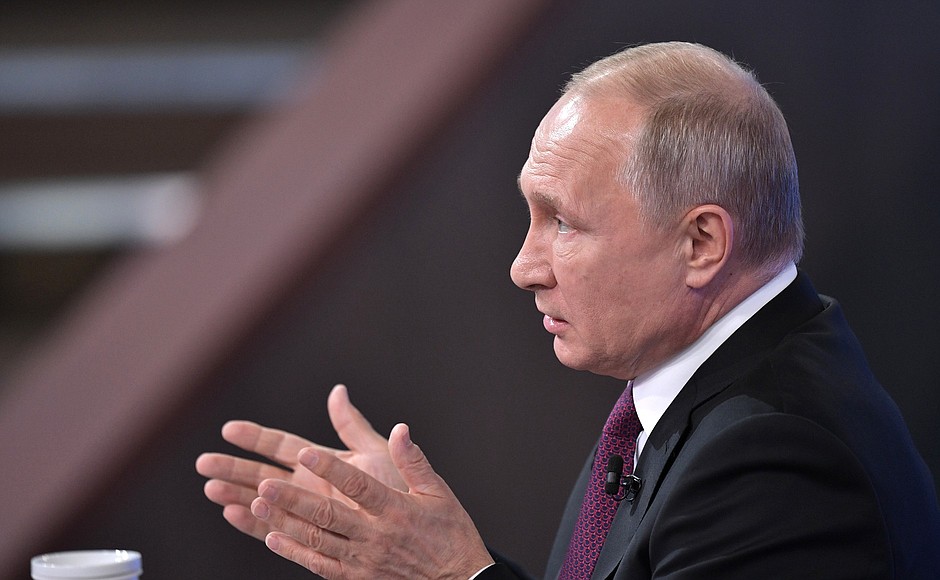Opinion polls are attracting serious attention in the run-up to Kenyan elections set for August 9.
Almost every week different pollsters release findings and it does appear that politicians love them and hate them in equal measures depending on the findings.
Politicians who are leading with days to the elections are happy and gloat over the findings and the inverse is true as opinion polls attract disdain from the trailing politician. Despite eliciting controversy in almost all democracies and in successive elections all over the world, opinion polls give politicians, the media, and other interested groups a real picture of accurate measures of public attitudes and intentions. Agile political candidates and political parties use them to quantify, direct, and control citizens’ opinions; while journalists and sometimes politicians use poll results to determine what constitutes relevant news and the germane issues to be addressed respectively. You see, whether politicians dispute opinion polls or not, they certainly adjust their electoral programs and campaign strategies based on the polls.
The anger in most losing politicians boils down to frustrations, especially when the polls are closer to the elections and the outcomes seem to suggest the inevitability of their loss. Today, with just about three weeks to the elections, it is fairly hard to see a losing candidate turn the tables, especially if the momentum over the last three or so months has been against their candidature.
However, it is important to note that opinion polls since their birth in 1938 in France aim to capture the political will of the citizenry at a given moment rather than predict the outcome of an election. That explains why sometimes pollsters get it wrong and sometimes they get it right. Granted, the capturing of the people’s will at a particular moment in time may not be an end but a means. Only that means benefits the dynamic politicians who take advantage of the meanings inherent in the outcomes of the opinion polls, adjust their campaigns and work on their weaknesses as they leverage on their strengths.
Perhaps what is interesting as opinion polls are released is the role of the media. Suffice to note, the media serves public interest and from the surveillance and correlational role of the media, the media has this sacrosanct responsibility to the citizenry to only cover and publish opinion polls that are of public interest, but also offer a platform for illuminating discourse around the opinion polls. Indeed, the many opinion polls covered by the media receive fairly robust discussions on almost all the major talk shows on broadcast media and pages of print. Whereas the discussions are always on the methodology, research rigour, sample size and sampling techniques, often such discussions end up, inadvertently, giving the leading candidates the much-needed positive political traction.
The agenda-setting function of the media, within the context of these polls, gives the candidates projected to be winning pedigree prominence in the public domain so much so that their lead becomes the agenda. Politicians live for such moments.
Simply put, when the opinion polls become the news agenda – a few days to the elections – they tend to galvanize support for the leading candidates and win over the undecided voters through what Elisabeth Noelle-Neumann calls the bandwagon effect. In fact, Noelle-Neumann contends that sometimes perceived public opinion can influence individual decisions.
Today the perception created by almost all opinion polls is the inevitability of a Raila Amollo Odinga/Martha Karua win, a situation that has for all intent and purposes gotten the worst of reactions from his rivals in Kenya Kwanza. You see, the coming in of Kalonzo Musyoka to Azimio One Kenya Alliance, the unveiling of the Baba and Martha Karua ticket and the unwavering support of key Mt Kenya leaders led by the president when juxtaposed with the unveiling of the William Ruto and Rigathi Gachagua ticket by Kenya Kwanza has left Kenya Kwanza gasping for air as the two leading candidates approach the finish line.
Today, the opinion polls are not helping Kenya Kwanza in the very voting blocs they were banking on. Mt Kenya folks are certainly seeing where the victory is headed, and they would want to be part of the government. They have been in power and government for the last 20 years and once you have been on the winning side, you will always want to triumph. The opinion polls seem to be galvanizing those already in the Uhuru Kenyatta, Raila Odinga and Martha Karua axis while persuading any undecided in Mt Kenya.
The same seems to be the case for Rift valley Counties and the Raila Odinga supporters in Western. The perception of the inevitability of Azimio’s win, especially in Rift Valley and Mt Kenya is certainly a big blow to Kenya Kwanza, given that between now and the elections day, the opinion polls will still hog the public domain showing Raila and Martha in the lead in most counties. The perceptions created will assume some national prominence and most likely influence individuals’ actions at a time when Kenya Kwanza will have little recourse to change the course of their fate.
The author is a PhD Candidate in Media Studies and Political communication.




















Discussion about this post